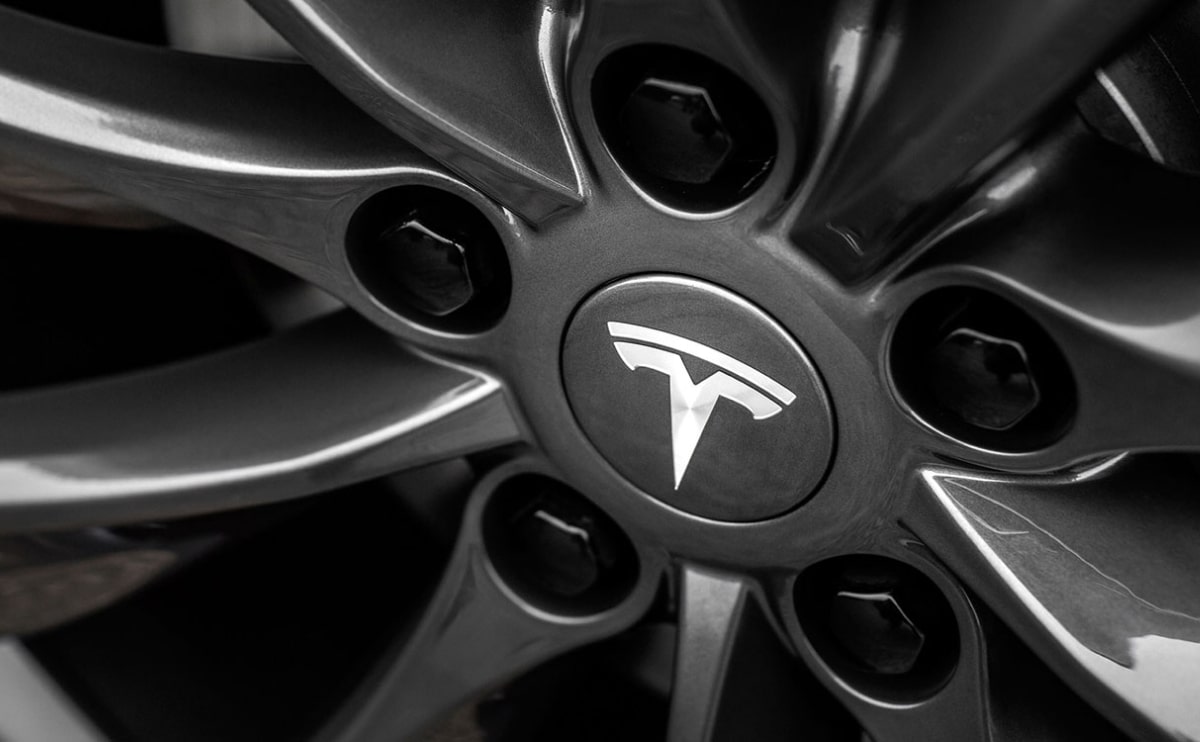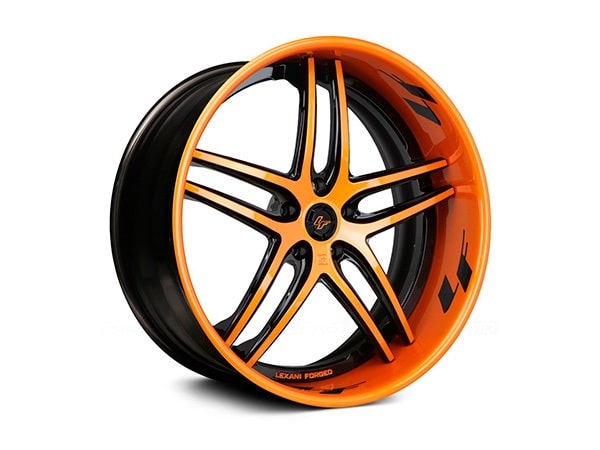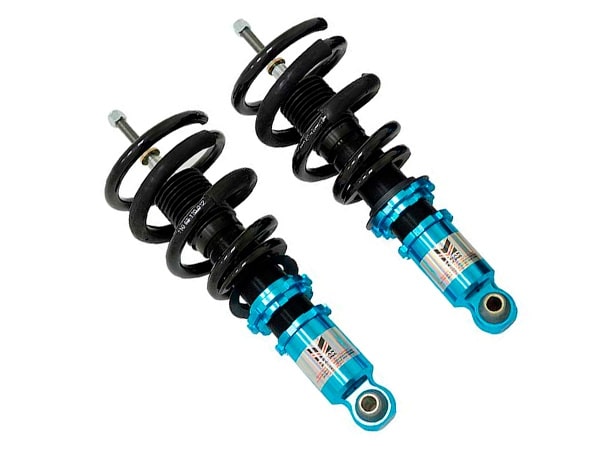Keeping Your Ride Right: Essential Car Maintenance Tips

Your car is more than just a way to get from A to B; it's an investment, a companion, and often, a source of freedom. Just like any important relationship, a little care and attention go a long way in ensuring its longevity and reliability. Regular car maintenance isn't just about avoiding breakdowns; it's about optimizing performance, enhancing safety, and saving money in the long run.
So, where do you start? Here are some essential car maintenance tips every owner should know:
1. The Lifeblood of Your Engine: Regular Oil Changes
This is perhaps the most fundamental maintenance task. Engine oil lubricates moving parts, reduces friction, and helps cool the engine. Over time, oil breaks down and gets contaminated, losing its effectiveness.
- Why it matters: Dirty oil can lead to increased wear and tear, reduced fuel efficiency, and eventually, costly engine damage.
- When to do it: Consult your car's owner's manual for specific recommendations. Generally, it's every 5,000 to 7,500 miles, or every 6 months, whichever comes first. Factors like driving habits (frequent short trips, heavy towing) can necessitate more frequent changes.
2. See Clearly, Breathe Freely: Check and Replace Filters
Your car has several important filters that need attention:
- Engine Air Filter: Prevents dirt, dust, and debris from entering your engine. A clogged filter restricts airflow, reducing engine performance and fuel economy.
- Cabin Air Filter: Filters the air you breathe inside the car, removing pollen, dust, and pollutants. A dirty cabin filter can reduce HVAC efficiency and air quality.
- Fuel Filter: Protects your fuel injectors from contaminants in the fuel. A clogged fuel filter can cause engine stuttering or misfires.
- When to check: Inspect these regularly, especially the engine air filter. Replacement intervals vary, but typically range from 15,000 to 30,000 miles for engine and cabin filters, and often longer for fuel filters (check your manual).
3. The Rubber Meets the Road: Tire Care
Your tires are your car's only contact with the road, making their condition paramount for safety and performance.
- Tire Pressure: Check tire pressure at least once a month, including the spare. Incorrect pressure affects handling, fuel economy, and tire lifespan.
- Tire Rotation: Rotating your tires every 5,000-7,500 miles helps ensure even wear, extending their life.
- Tread Depth: Regularly inspect your tire tread for wear indicators. Worn tires significantly reduce grip, especially in wet conditions.
- Alignment & Balancing: If you notice your car pulling to one side or vibrations, it might be time for a wheel alignment or balancing.
4. Power Up: Battery Health
Your car battery provides the electrical power to start your engine and run accessories.
- Clean Terminals: Keep battery terminals clean and free of corrosion.
- Test Battery: Have your battery tested regularly, especially as it ages (typically 3-5 years). Extreme temperatures can impact battery life.
5. Stay Cool: Coolant System Maintenance
The cooling system prevents your engine from overheating.
- Check Coolant Levels: Regularly check the coolant reservoir.
- Flush and Fill: Periodically, the coolant should be flushed and replaced according to your manufacturer's recommendations (often every 30,000 to 60,000 miles).
6. Light Up Your Path: Headlights and Taillights
Ensure all your lights are functioning correctly – headlights (high and low beam), taillights, brake lights, turn signals, and fog lights. Proper illumination is crucial for visibility and safety.
7. Stop on a Dime: Brake System Inspection
Your brakes are your most important safety feature.
- Brake Pads and Rotors: Listen for squealing or grinding noises and pay attention to any changes in braking performance (e.g., a spongy pedal). Have your brake pads and rotors inspected regularly.
- Brake Fluid: Check brake fluid levels. Low fluid can indicate a leak or worn pads.
8. Don't Forget the Wipers and Fluids!
- Wiper Blades: Replace wiper blades every 6-12 months, or as soon as you notice streaking or chattering.
- Washer Fluid: Keep your washer fluid reservoir full.
- Other Fluids: Regularly check levels for power steering fluid, transmission fluid, and differential fluid (if applicable).
The Bottom Line:
Regular car maintenance doesn't have to be daunting. By following these essential tips and consulting your owner's manual, you can significantly extend your car's life, enhance its performance, and ensure a safer, more enjoyable driving experience. When in doubt, don't hesitate to consult a qualified mechanic. A proactive approach to car care will pay dividends for miles to come.





